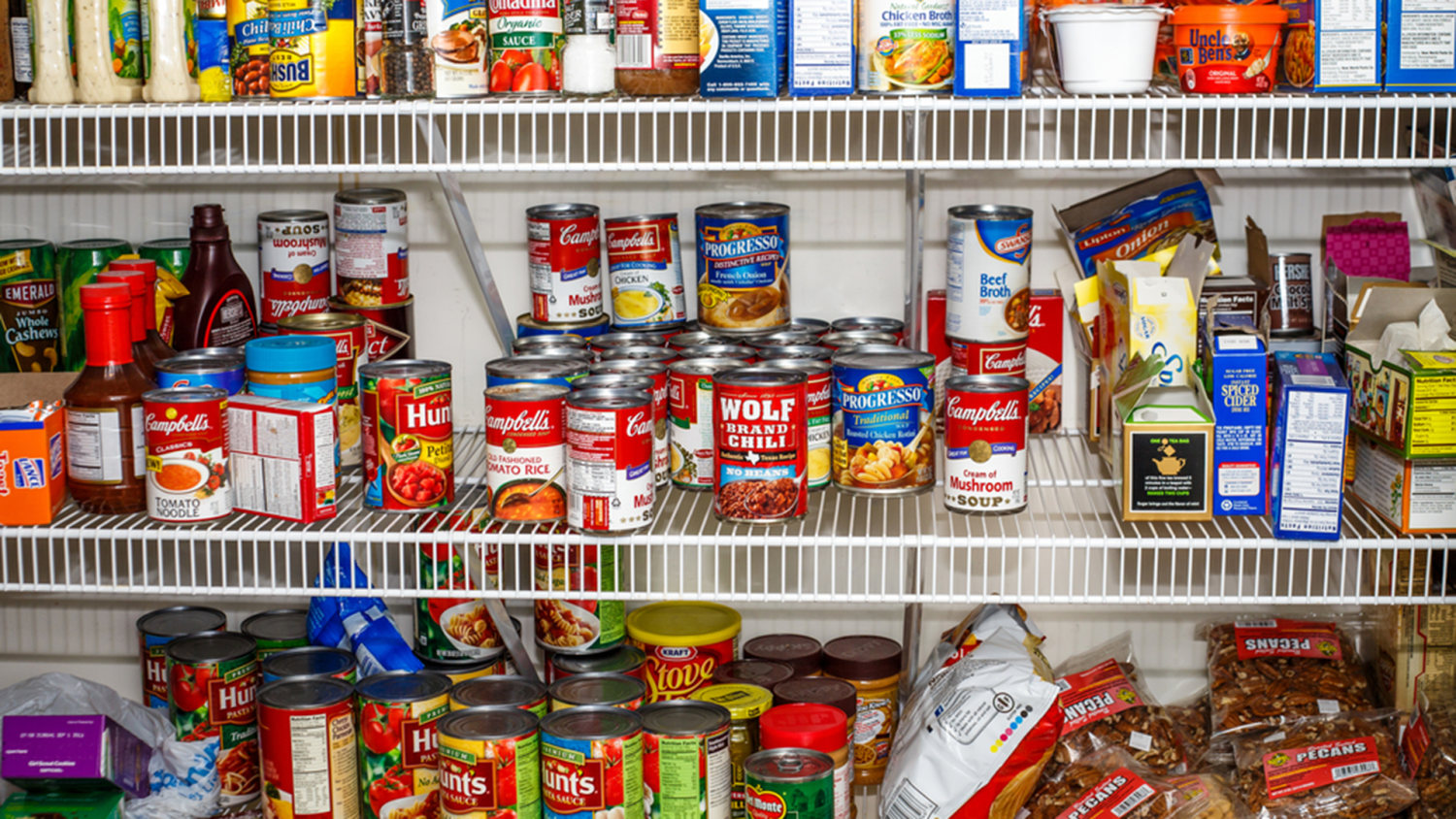Why Supporting Your Local Food Kitchen Is Crucial for Aiding Those in Demand
The significance of supporting neighborhood food pantries can not be overemphasized, especially in the context of food insecurity, which impacts a worrying variety of individuals and family members within our communities. These crucial resources not only supply immediate relief from hunger but likewise add to broader societal advantages, including boosted health and educational outcomes. As we check out the multifaceted role of food kitchens, it comes to be apparent that their impact extends far past merely dispersing food (Food Pantry Lockhart). Comprehending this much deeper connection may motivate a reconsideration of how we engage with and sustain these essential establishments.
Comprehending Food Instability
Food insecurity impacts around 10.5% of homes in the United States, showing a substantial public health issue that goes beyond plain hunger. It refers to the lack of regular accessibility to sufficient food for an energetic, healthy life. This problem can result in a series of negative outcomes, including inadequate wellness, increased health care prices, and reduced scholastic efficiency amongst kids.
The reasons of food instability are complex, frequently coming from economic factors such as joblessness, hardship, and underemployment. Geographical location can additionally play a critical role, with food deserts-- locations with limited accessibility to nourishing and budget friendly food-- aggravating the issue - Food Pantry Lockhart. Additionally, systemic variables, consisting of social and racial injustices, add to the disproportionate influence of food insecurity on marginalized areas
Attending to food instability is not merely concerning increasing food supply; it requires a detailed approach that encompasses financial stability, education and learning, and community support. Food instability not only affects individual health but additionally has wider implications for social wellness and productivity. Comprehending its intricacy is necessary for creating effective treatments and cultivating long-lasting solutions that guarantee all people have reliable access to nourishing food.
The Role of Food Pantries
Local food cupboards function as vital lifelines for family members and individuals encountering food insecurity. They offer necessary food items to those that may have a hard time to afford sufficient nutrition because of economic challenge, joblessness, or unanticipated situations. By dispersing food at no price, these organizations aid ease cravings and prevent the adverse health and wellness impacts connected with poor diet regimens.
Food kitchens frequently companion with regional ranches, food store, and neighborhood organizations to source a variety of healthy food things, including fresh fruit and vegetables, dairy, and proteins. This partnership ensures that pantry clients receive not just sustenance yet also much healthier choices that add to general wellness.
Moreover, food kitchens act as neighborhood hubs, cultivating links amongst citizens and giving a sense of dignity to those in requirement. Many kitchens supply additional sources, such as nutrition education and learning and recommendations to social solutions, helping clients navigate their difficulties better.
Essentially, food pantries play a multifaceted role in combating food insecurity. They not only address prompt cravings however likewise equip families and people to improve their circumstances, consequently promoting neighborhood strength and cohesion.

Benefits of Supporting Food Pantries

Supporting food cupboards not only nurtures those in need but likewise reinforces the textile of the area. By providing essential food sources, food kitchens alleviate hunger and reduce food instability, which is vital for the wellness and wellness of households and individuals. Accessibility to nutritious food adds to boosted physical health and wellness, better educational results for kids, and boosted psychological health, therefore fostering an extra effective and engaged area.
Furthermore, supporting food pantries advertises social communication. These companies function as centers for neighborhood interaction, combining volunteers, contributors, and recipients in a shared objective to battle hunger. This partnership can break down barriers, foster understanding, and build connections amongst diverse neighborhood members.
Furthermore, donations to food pantries, whether in the kind of food, funds, or time, boost the regional economic climate. Many food kitchens prioritize sourcing from local producers, hence supporting regional farming and services. This develops a cycle of support that profits not just those in demand but the community in its entirety.
Just How to Obtain Included
Involvement with food pantries can take many forms, enabling people and groups to make a significant effect in their areas. Monetary donations are also indispensable, as they make it possible for food pantries to buy fresh fruit and vegetables and vital products.
Offering your time is one more impactful way to support local food kitchens. Many organizations count on volunteers for arranging, packing, and distributing food. This hands-on participation not only helps the cupboard yet also promotes a sense of area. On top of that, think about organizing food drives within your work environment, school, or community group to click for source increase awareness and collect resources.
Collaborations with neighborhood companies can even more enhance assistance for food cupboards. By taking these individuals, steps and teams can significantly bolster the initiatives of regional food cupboards and help those in demand.
Community Influence and Connection
Identifying the profound influence of food pantries on neighborhood health is crucial for fostering a spirit of link and cooperation. Food cupboards serve not only as crucial sources use this link for those dealing with food insecurity however likewise as hubs for community interaction. They unite diverse teams-- donors, volunteers, and clients-- creating a setting where people can link and sustain one an additional.
The effect of food kitchens extends past simple arrangement of food; they serve as a catalyst for social communication. By joining pantry efforts, community participants can establish partnerships that go beyond socioeconomic barriers. This network of assistance assists to dismantle the preconception typically associated with food aid, promoting an environment of approval and understanding.
As people unite in their initiatives to sustain neighborhood food pantries, they grow a sense of common purpose and obligation, strengthening the idea that everybody has a role to play in guaranteeing that no one goes hungry. Inevitably, supporting food kitchens reinforces the material of the area as a whole.
Conclusion
Supporting neighborhood food kitchens is crucial in combating food insecurity and boosting the well-being of prone populations. By making certain accessibility to nourishing food, these organizations add to boosted wellness end results, educational efficiency, and psychological health. Involvement with food kitchens promotes community connections, advertising social communication and equity. Inevitably, the cumulative initiative to strengthen these important sources plays a considerable role in constructing a much healthier, extra durable culture where all individuals have the possibility to flourish.
